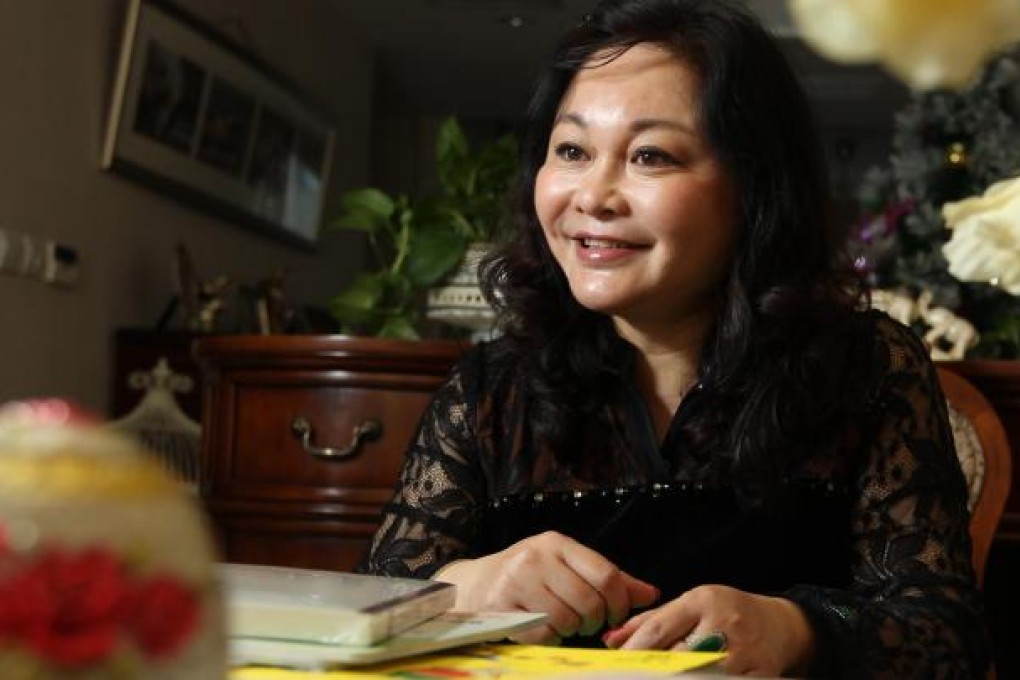A new chapter for children's book authors in China
While children's books have drawn a huge following in China, the market still has some growing up to do

During the week of Lunar New Year, Xidan Bookstore in the city centre was a hive of activity. There was scarcely room to move in its second-floor children's section, where youngsters crowded into narrow aisles and parents stood with armfuls of books, and a long queue snaked up to the checkout counter.
Ten-year-old Wang Jingjing and her mother were among them, taking a three-hour bus ride from Sanhe town in eastern Beijing to pick up new material. "My daughter likes reading and we'll spend a few hours here and select a few titles for her to take home," says Jingjing's mum.
Jingjing loves stories about small animals and has been looking forward to new titles from Yang Hongying's Diary of a Smiling Cat series, which she follows avidly.
Yang has a knack for entering children's inner world with her writing - she can decode childhood.
"Yang has a knack for entering children's inner world with her writing - she can decode childhood," says Wang Shuli, an editor at Writers' Publishing House who first brought the writer to national attention in 2000.
Now Yang's tales sell in the millions, with some translated into Korean, French and English; and although the writer shrugs off the comparison, she is often described as the J.K. Rowling of China. Last year, she was the top-selling author on Amazon's China website, nudging out fellow children's author Shen Shixi and even Nobel laureate Mo Yan.
The lucrative mainland children's book market has raised a few eyebrows in literary circles in recent years.
Children's book publishing has grown at double-digit rates each year since 2000, and the trend is is likely to continue for the next decade, Hai Fei, director of the Children's Literature Publication Working Committee in China, has told China Press and Publication Newspaper last year. Annual sales have also grown to about 6 billion yuan (HK$7.4 billion).